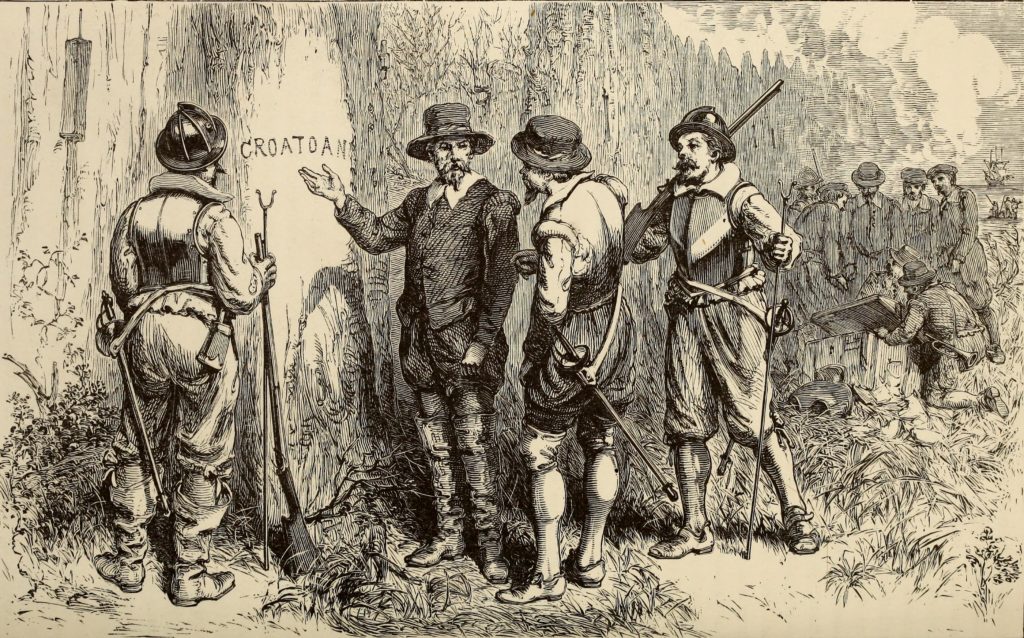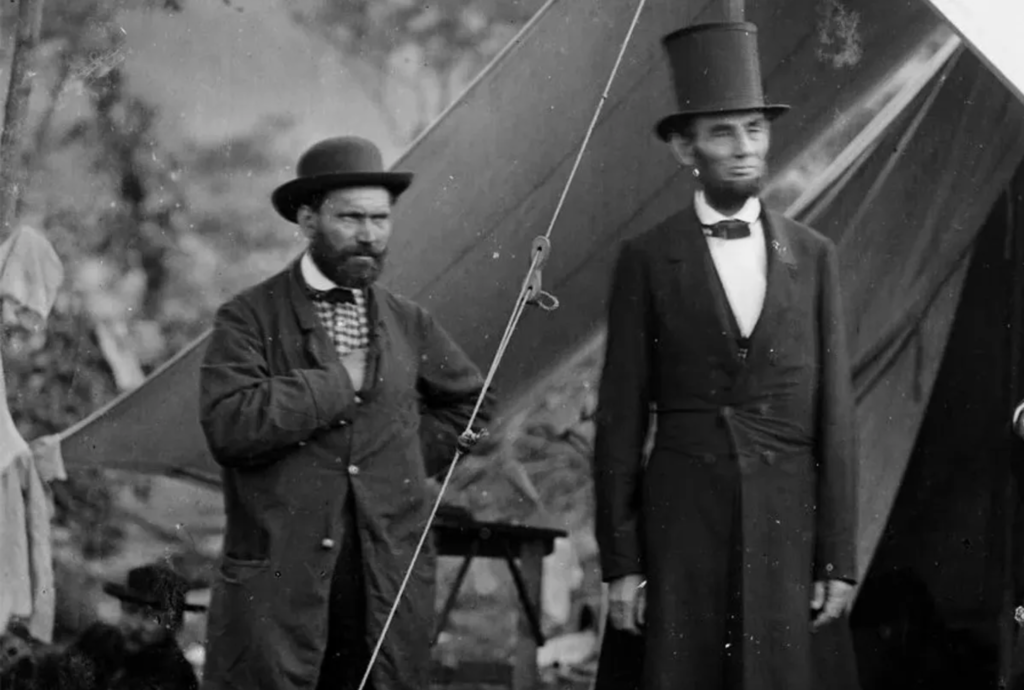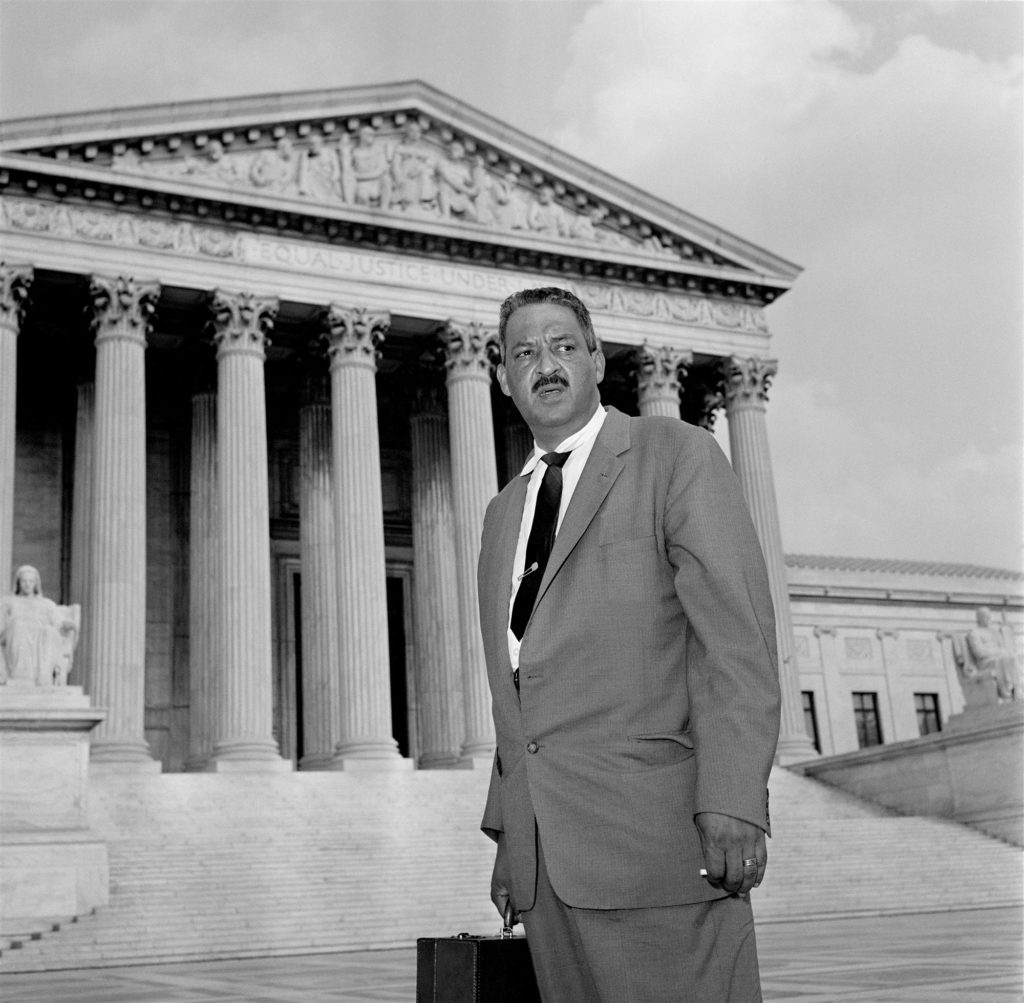August 16 — August 31, 2022
History Matters
Showing our children that their past is prelude to their future
It is a 432-year-old unsolved mystery: how did 100—or more–colonists disappear on Roanoke Island?
According to History.com, “The Roanoke…colony, the first English settlement in the New World, was founded by English explorer Sir Walter Raleigh in August 1585. The first Roanoke colonists did not fare well, suffering from dwindling food supplies and Indian attacks, and in 1586 they returned to England aboard a ship captained by Sir Francis Drake. In 1587, Raleigh sent out another group of 100 colonists under John White. White returned to England to procure more supplies, but the war with Spain delayed his return to Roanoke. By the time he finally returned on August 18, 1590, everyone had vanished.”
But one clue was left behind: “CROATOAN,” was carved on the wooden barricade of the outpost. White speculated the pilgrims had moved to Croatoan Island fifty miles away, but no survivors were ever found.
The Grateful American Book Prize recommends Roanoke: A Novel of the Lost Colony by Sonia Levitin.

War and other crises beget snooping, scrutinizing, and spying. According to the National Park Service, “Around 1850, [Allan Pinkerton] organized America’s first private detective agency specializing in railway thefts. Its motto was ‘We never sleep’ and its logo – a prominent, unblinking eye – came to be associated with all future ‘private eyes.’
Shortly before the beginning of the Civil War, the sleuth was hired to protect President Lincoln—and later–to supervise the Union’s new secret service agency working to detain Confederate agents; by August 23, 1861, he had unveiled a Washington DC espionage network operated by the widowed socialite, Rose O’Neal Greenhow. She was detained, imprisoned briefly, and deported to Virginia, with her daughter, “Little Rose.”
The Grateful American Book Prize recommends Lincoln’s Spymaster: Allan Pinkerton, America’s First Private Eye by Samantha Seiple.

The website of the National Association for the Advancement of Colored People [NAACP] remembers Thurgood Marshall as “a civil rights lawyer who used the courts to fight Jim Crow and dismantle segregation in the U.S.”
He was the nation’s first African American Supreme Court Justice, best known for arguing the historic 1954’s Brown v. Board of Education—which affirmed that segregated schools—across the land–were unconstitutional.
Nominated by President Lyndon Johnson, and confirmed 69-11 by the Senate on August 30, 1967, Marshall sat on the bench 24 years, and left a formidable legacy of decisions based on “equal justice for all.”
The Grateful American Book Prize recommends Larry Gibson’s Young Thurgood: The Making of a Supreme Court Justice.

History Matters is a biweekly feature courtesy of The Grateful American Book Prize.




